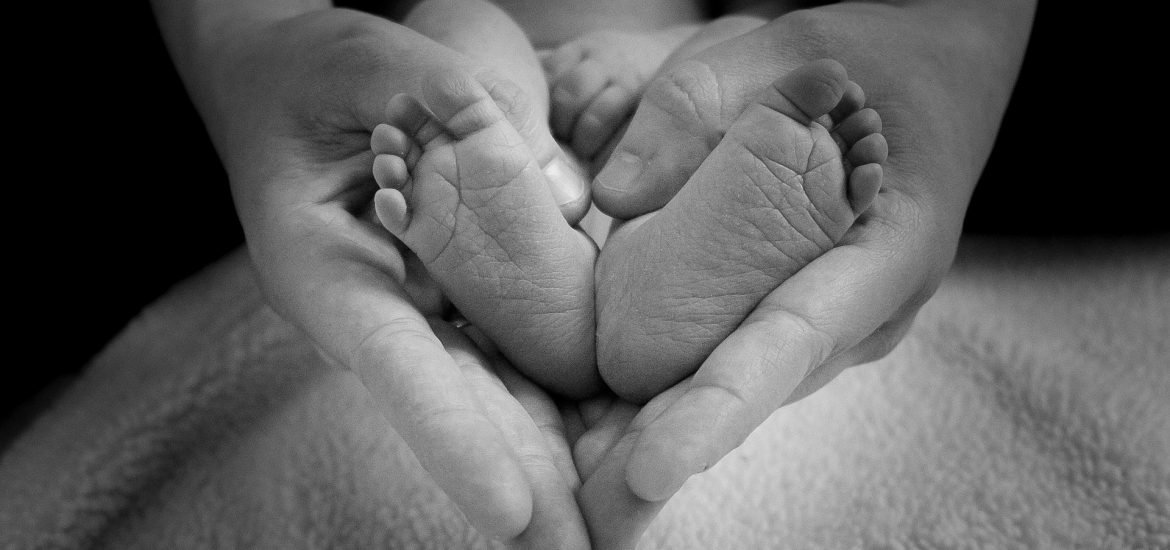
A new drug that can withstand high temperatures could help prevent the deaths of thousands of women around the world who suffer from severe bleeding after childbirth, according to the World Health Organisation (WHO).
In a recent clinical trial, WHO found that a drug called carbetocin is just as effective as the first-choice medication used to treat this type of excessive bleeding, known as post-partum haemorrhage.
The results of the trial, conducted in collaboration with MSD for Mothers, a part of the German pharmaceutical company Merck and Switzerland’s Ferring Pharmaceuticals, were published on Wednesday in the New England Journal of Medicine.
Post-partum haemorrhage is the leading cause of maternal mortality globally. According to WHO, 14 million new mothers suffer from the condition each year, with 70,000 of these cases being fatal. This has negative impacts on their children – new-borns who lose their mothers due to excessive bleeding after childbirth are much more likely to die as infants.
Oxytocin, the drug currently recommended by WHO to treat post-partum haemorrhage, is not a viable option in many countries. In order to remain effective, the drug must be kept at a temperature of between two and eight degrees Celsius from the time it is manufactured up until it is used, making it difficult to store in areas with limited access to refrigeration and stable power supplies.
The study, the largest clinical trial of its kind, included nearly 30,000 women who gave birth vaginally in 10 different countries: Argentina, Egypt, India, Kenya, Nigeria, Singapore, South Africa, Thailand, Uganda and the United Kingdom. Immediately after giving birth, the women randomly received a single injection of either oxytocin or carbetocin.
The results showed that 14.5% of the women given carbetocin lost more than 500ml of blood, compared to 14.4% of those given oxytocin. The numbers were also similar for more substantial blood loss – 1.51% of women injected with carbetocin group lost more than 1,000ml, compared to 1.45% of those injected with oxytocin.
Since carbetocin does not require refrigeration, it “could save the lives of thousands in low- and lower-middle-income countries,” according to a WHO news release published on Wednesday.
“The development of a drug to prevent postpartum hemorrhage that continues to remain effective in hot and humid conditions is very good news for the millions of women who give birth in parts of the world without access to reliable refrigeration,” Metin Gülmezoglu, an expert from WHO’s Department of Reproductive Health and Research, said in the news release.
“This is a truly encouraging new development that can revolutionise our ability to keep mothers and babies alive,” added Tedros Adhanom Ghebreyesus, WHO’s director general.
The drug is not yet available for use outside of clinical trials. As a next step, carbetocin will be submitted for regulatory review and approval in countries hoping to use the new medication. WHO’s Guideline Development Group will then consider adding carbetocin to its list of recommended drugs for the treatment of post-partum bleeding.
Experts at WHO said they hope the drug will be available as early as next year in certain countries, reports BBC News. The agency noted that it would seek to promote affordable access to carbetocin, particularly in countries with high rates of maternal mortality.